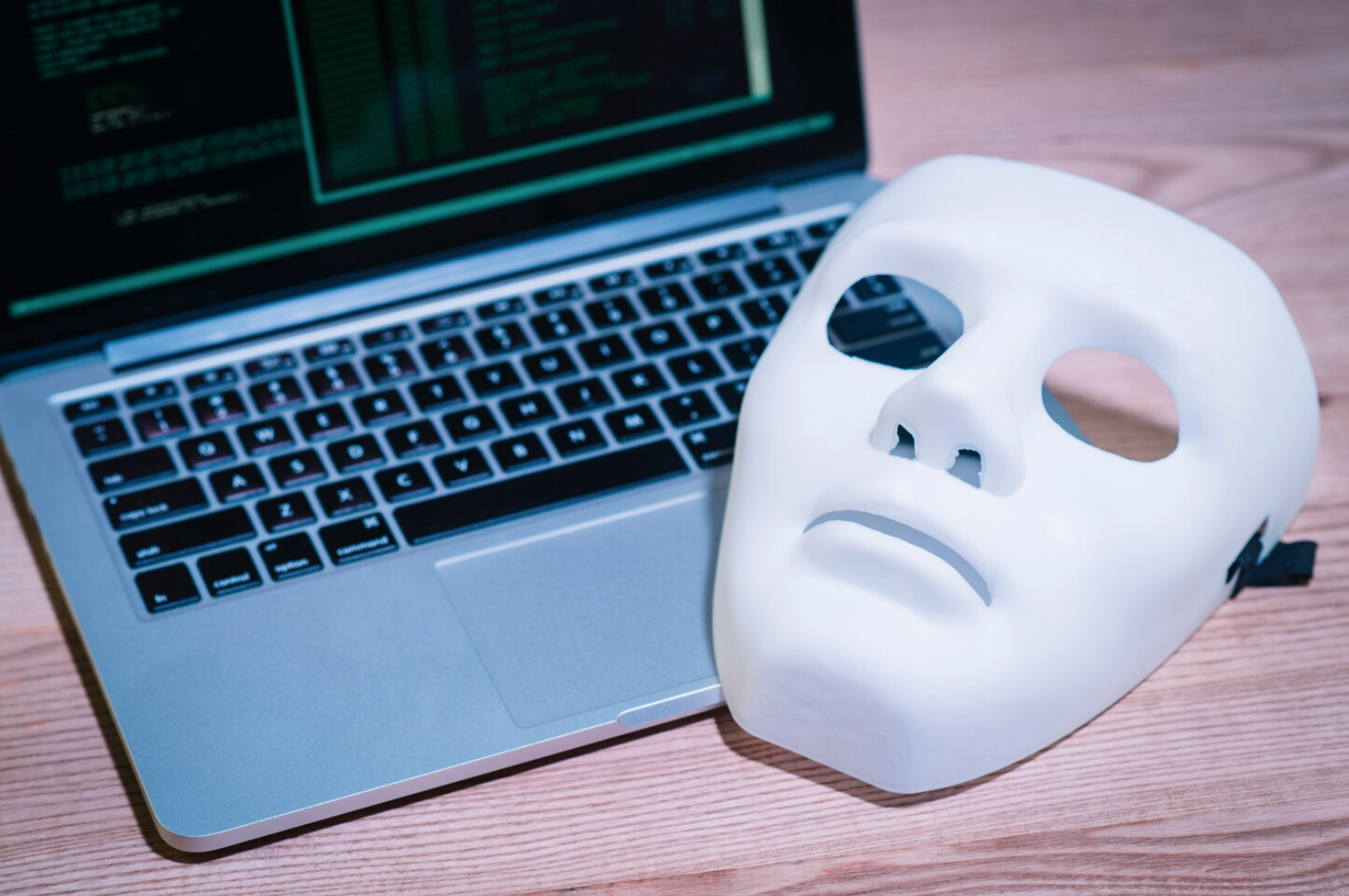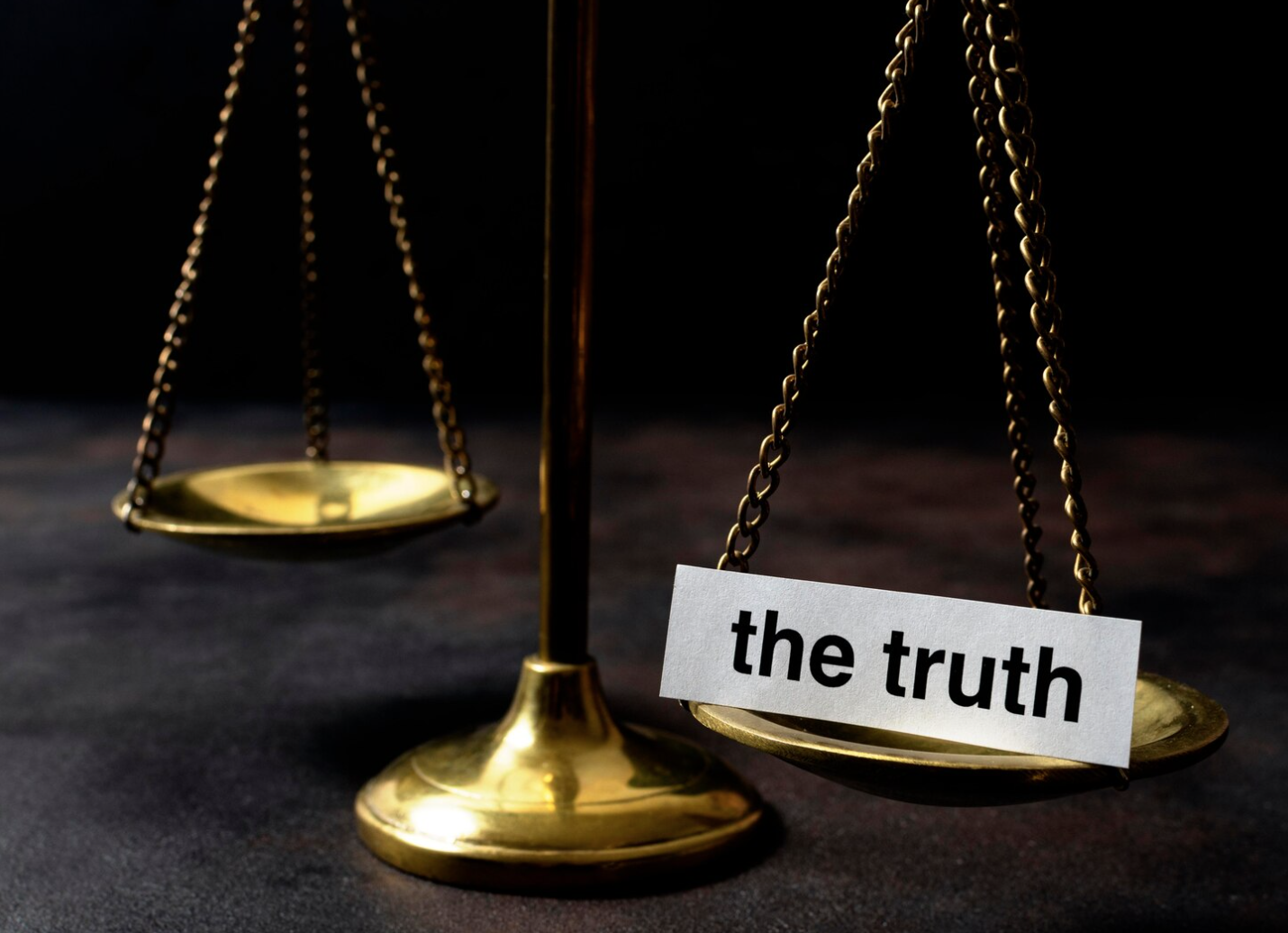
The Right to Privacy: Safeguarding Personal Freedom in the Digital Age
In today's interconnected world, the right to privacy is an essential aspect of individual freedom and autonomy. It guarantees individuals the right to control their personal information, make choices about their private lives, and maintain confidentiality. In this blog post, we will explore the concept of the right to privacy, its origins, the UN entity that regulates it, its significance, examples from history, the challenges it faces in the digital age, and how we can contribute to its preservation.
Continue reading →

















